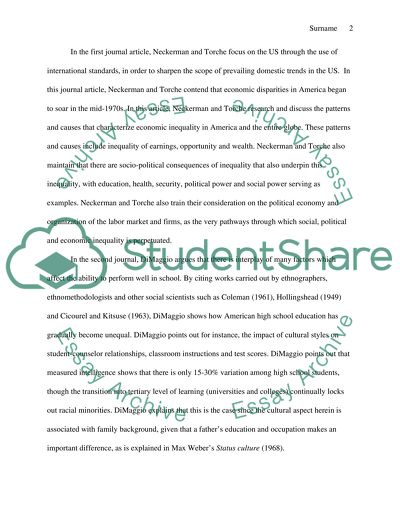Cite this document
(“Inequality, Its Impacts and Relation to Occupy Movement Essay”, n.d.)
Retrieved from https://studentshare.org/sociology/1467761-i-ve-attached-the-file
Retrieved from https://studentshare.org/sociology/1467761-i-ve-attached-the-file
(Inequality, Its Impacts and Relation to Occupy Movement Essay)
https://studentshare.org/sociology/1467761-i-ve-attached-the-file.
https://studentshare.org/sociology/1467761-i-ve-attached-the-file.
“Inequality, Its Impacts and Relation to Occupy Movement Essay”, n.d. https://studentshare.org/sociology/1467761-i-ve-attached-the-file.


